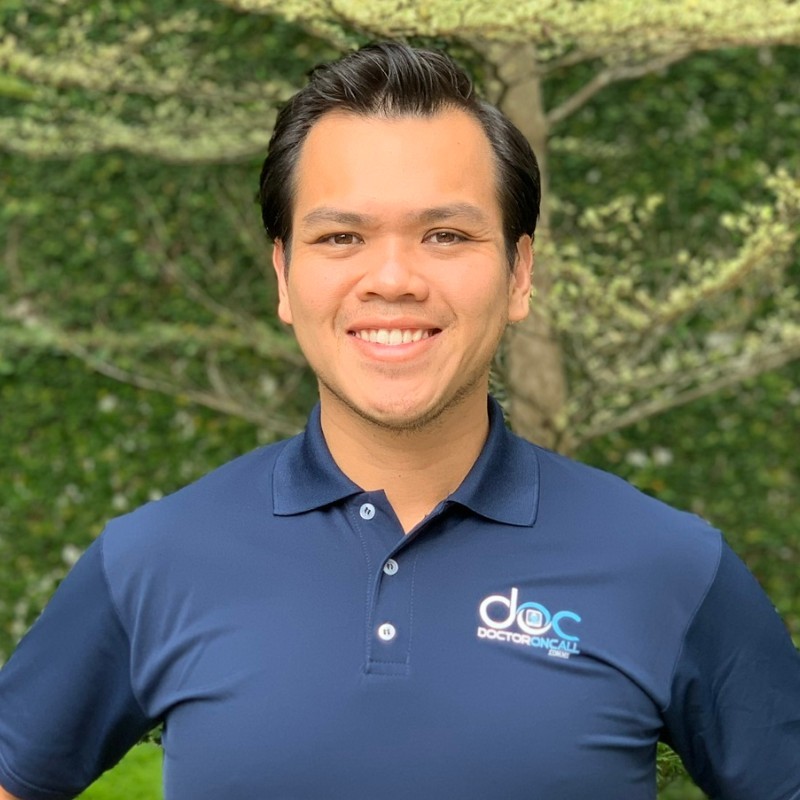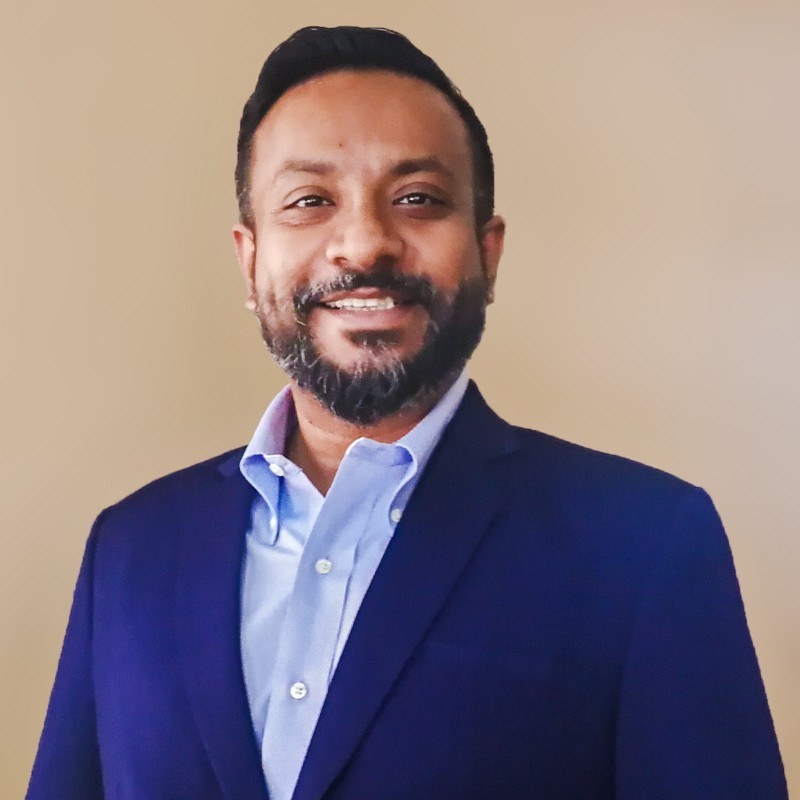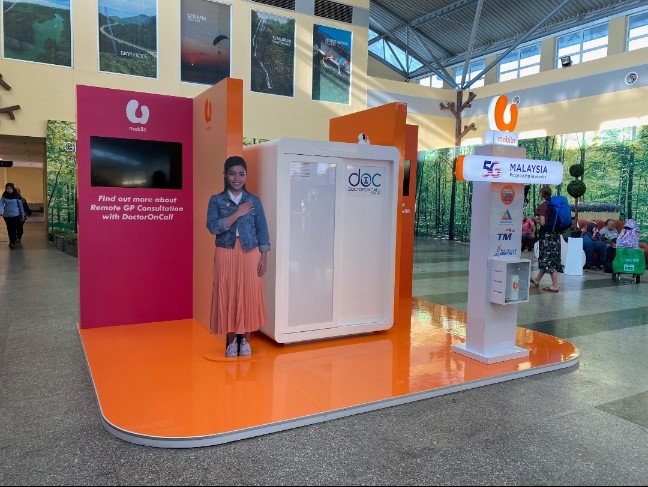KUALA LUMPUR, Jan 29 — DoctorOnCall has spearheaded innovative mobile clinics to perform health diagnostics for people in rural areas who live far away from public health facilities.
The digital health platform’s “DOCPod” — which was piloted in Langkawi in 2019 — is a mobile clinic that can be located within the community, where patients with chronic diseases can enter to check their vitals, body temperature, blood pressure and blood sugar readings, among other diagnostics.
At the DOCPod mobile clinic, patients can also speak via audio or video calls to doctors at public health clinics or DoctorOnCall. If their condition is serious, patients can then be referred to physical check-ups. DoctorOnCall can also deliver medicines to patients’ homes.
“What we plan to do is to create a mobile clinic that can be brought to various locations that would serve as an intermediary between a Klinik Kesihatan and a digital health solution,” DoctorOnCall co-founder Maran Virumandi told CodeBlue in an interview.
“It will really help the folks, especially for people suffering from chronic conditions like diabetes, hypertension, and high cholesterol, which require very frequent consults and interventions with doctors. But people in rural areas, if you’re living in a small village, it takes 30 to 60 minutes to get to a Klinik Kesihatan.”

DoctorOnCall co-founder Hazwan Najib noted that although patients with chronic diseases must go for check-ups every three months, many tend not to do so and simply refill their medications instead. Hence, the DOCPod mobile clinic will bridge the gap by supporting the screening of their vitals including blood pressure, sugar reading, BMI, etc.
DoctorOnCall plans to roll out DOCPod in rural and suburban areas nationwide by June. Due to the Covid-19 pandemic, DoctorOnCall is currently upgrading its DOCPod with sanitisation, ventilation, and filtration elements. The DOCPod mobile clinic project will receive RM500,000 funding from the National Technology & Innovation Sandbox (NTIS) under the Ministry of Science, Technology and Innovation (MOSTI) via Malaysian Technology Development Corporation (MTDC) in 2021. The funding is planned to facilitate the prototype design and construction as well as to fund access to market initiatives.
Covid-19, said Hazwan, has pushed digital health to the forefront, gaining attention from regulators, doctors, and other stakeholders.
“Our country has reopened, and people have started going to hospital again. But looking at the current Covid-19 situation, we are prepared to make it easier for people to start using us more.”
When asked if Malaysians have been persuaded to adopt digital health, Hazwan said it took three to four years of persuasion from DoctorOnCall, with patients realising the convenience of telehealth once they use it.
“Google and Facebook reviews are quite important on our platform. We give that magical experience to the patient. Some patients get attached to certain doctors.”
He explained that besides the convenience of DoctorOnCall’s home-based medical services, like home test kits, medication delivery, and booking online appointments with health care providers, DoctorOnCall has also been advocating public displays of prices for medicine, screening, and treatment across medical facilities.
“The prices of the airline industry would not have dropped until AirAsia started publishing prices,” said Hazwan. I think the same thing will happen in health care. Medication prices need to be more transparent.”

Maran urged insurance providers and large corporations to adopt digital health to promote better savings, as well as health care availability and accessibility. He said insurance agents could look at DoctorOnCall to compare different health care providers and recommend a suitable one for their customers.
“If you’re part of a large organisation, like Sime Darby or Maybank, your HR will tell you what’s claimable or not. Those organisations need to adopt. They need to recognise this is a safe measure and adopt industry-specific solutions.”
Maran stressed that doctors, pharmacists, and laboratories should not look at DoctorOnCall as competition, but as a service to connect health care providers to patients, like how digital food delivery apps connect restaurants to customers.
He pointed out that the costs of a chocolate retailer, for example, selling their products through a delivery partner could be equivalent to the cost of rental of a physical store. Through DoctorOnCall, health care providers may even be able to serve patients from abroad like Indonesia, even as the Covid-19 pandemic has halted global travel, via a partnership model with DoctorOnCall.
“At the end of the day, it’ll make you earn more revenue and enable you to service people who can’t see you in a safe, efficient, and cost-effective manner.”









